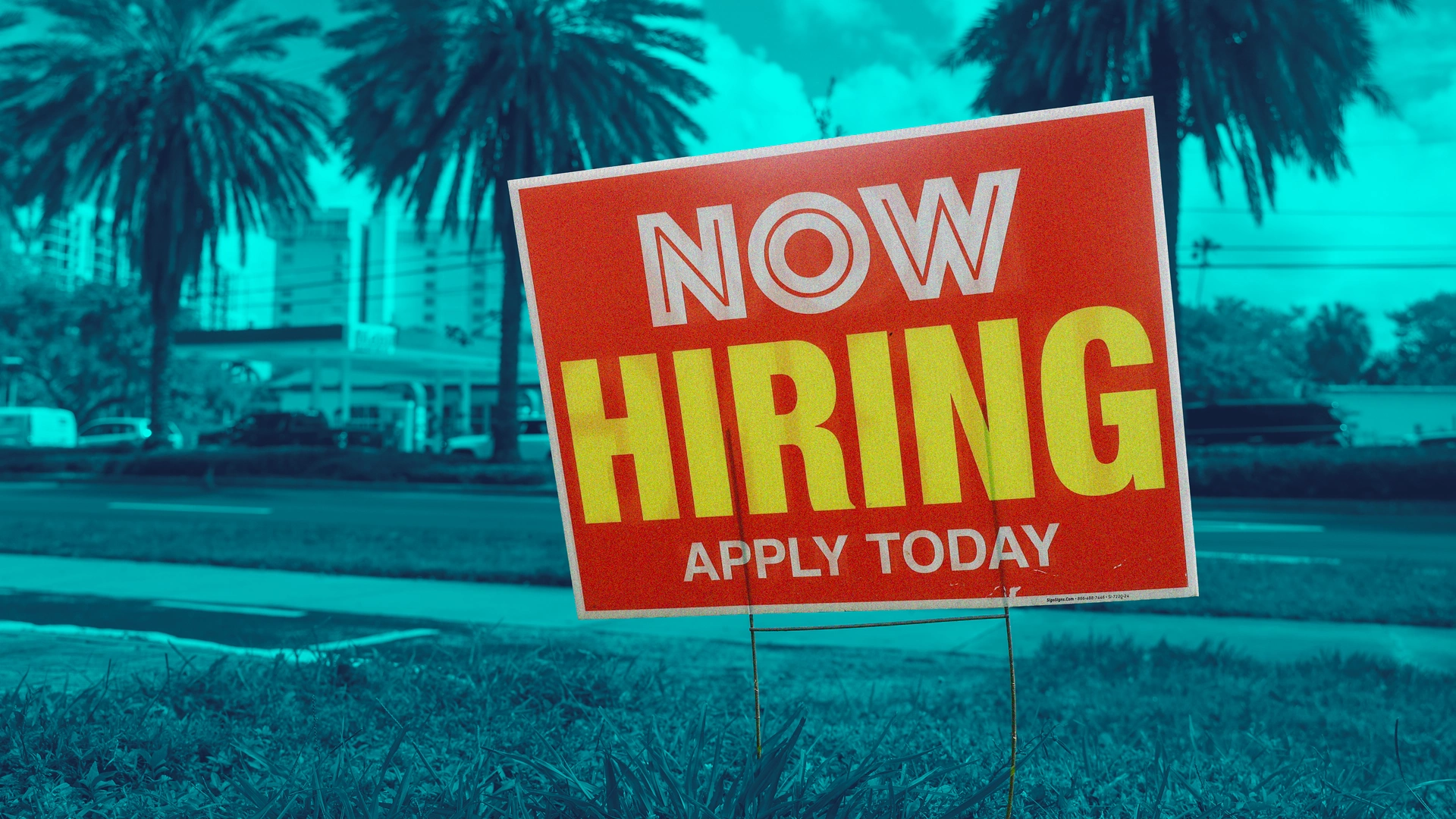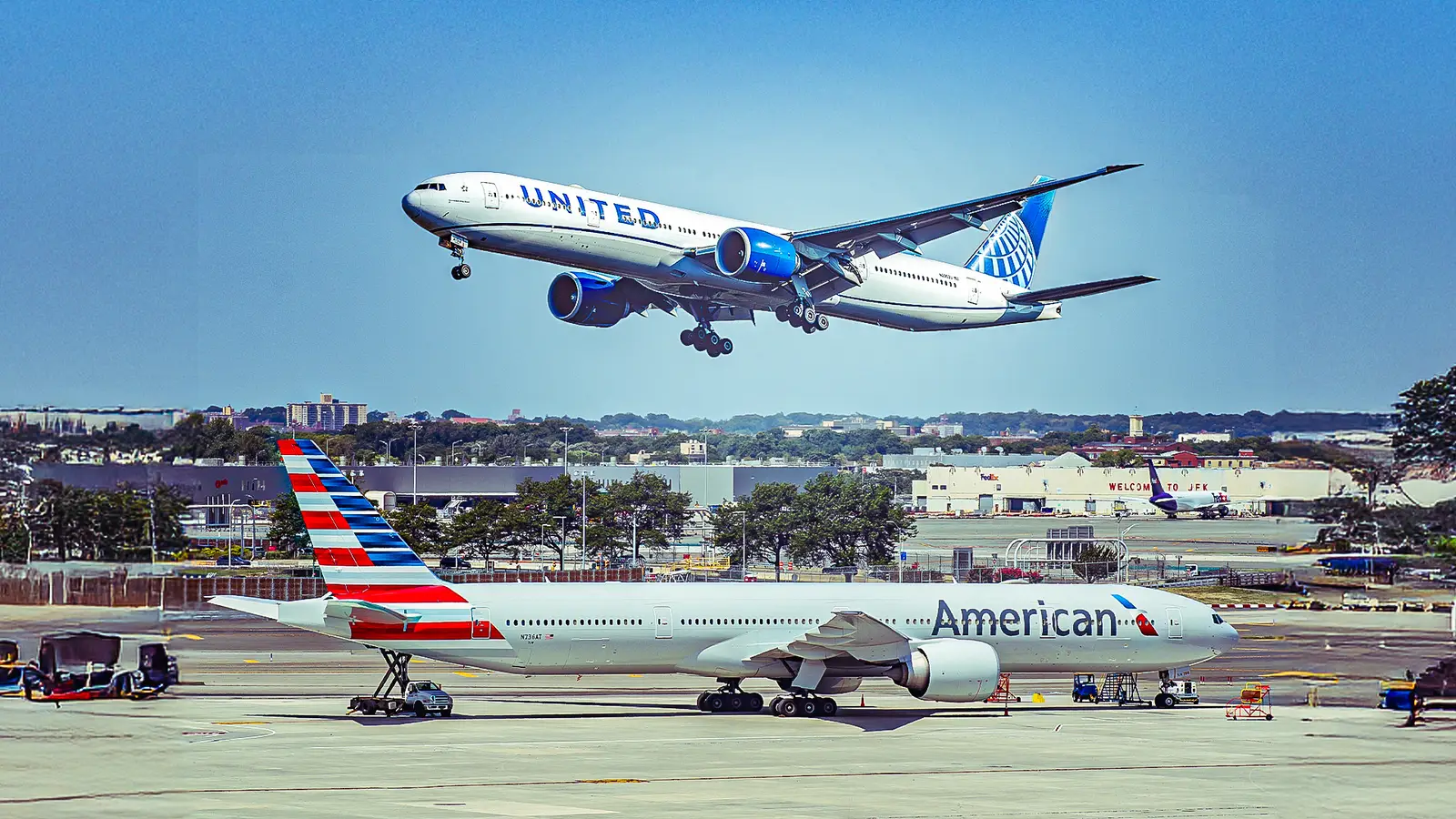Copyright Inc. Magazine

That divergence was once again underscored this week through the release of two different sets of employment data. The most recent came Thursday, when with the National Federation of Independent Business (NFIB) published its survey of members’ hiring activity in October. That found 32 percent of Main Street respondents reporting they’d come up empty in trying to recruit people to fill job openings last month. That followed an identical portion of small company owners who in September said that they’d either gotten no response to employment opportunities they posted, or had only heard from people unqualified for those vacant roles. That job supply and demand mismatch contrasted with previously released employment data from private sector payroll and staff management service companies — which are filling the data void left by the absence of official reports during the ongoing government shutdown. One of those firms, ADP, said U.S. companies had increased headcounts by 42,000 in October. That number was an improvement over the 34,000 net job losses ADP reported in September, after a decrease of 3,000 positions in August. But that still represented a fraction of the average 180,000 hires per month recorded in 2024. Focusing primarily on small businesses rather than the mixed selection of companies ADP analyzed, rival payroll service providers Gusto and Homebase released quite different figures. Those showed entrepreneur-led companies lowered headcounts by up to 2.9 percent in October, a slight improvement over the 3.5 percent decline reported in September. The following day, NFIB published its report with an entirely different view of Main Street employment. It said the number of member companies intending to hire over the next three months dropped from 16 percent in September to 15 percent in October — the first decrease since last May. But the primary reason for those declining recruitment plans was business owners growing frustrated with struggling to fill jobs with qualified candidates that have become increasingly rare. “Jobs are plentiful albeit declining, while qualified applicants are scarce,” said NFIB chief economist Bill Dunkelberg in comments on the survey’s results. “The post-Covid labor market appears to have mostly normalized on Main Street.” While an abundance of job openings and coinciding lack of candidates would raise the spirits of job hunters facing the increasingly grim national labor market, NFIB members weren’t thrilled at the prospect of that scenario becoming their new normal. “We could grow our business significantly if we could hire more skilled labor,” said the owner of a California construction company in anonymous member comments included in the NFIB survey.



